#arables
Explore tagged Tumblr posts
Text




Charlotte’s Web (1973)
#animation#2d animation#charlottes web#hanna barbera#hanna-barbera productions#fern arable#fern and wilbur#wilbur the pig#90sfairydust
30 notes
·
View notes
Text

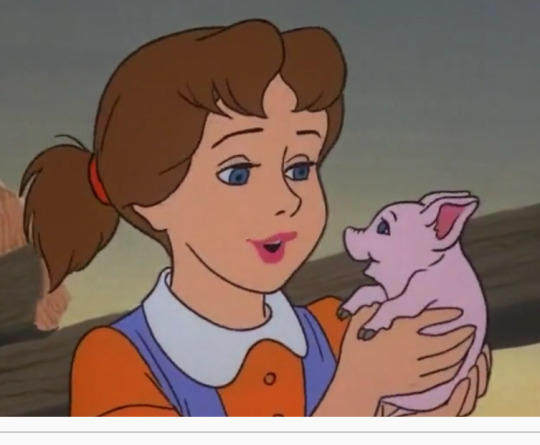



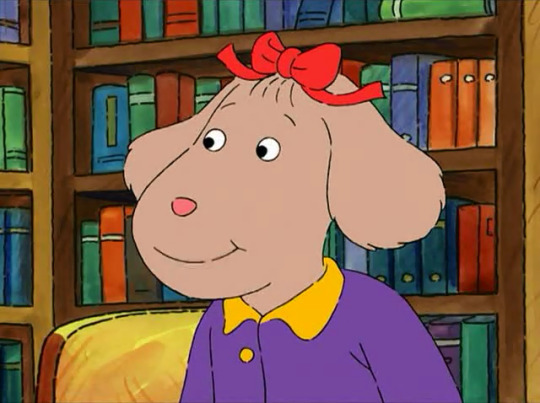
have you done your daily click
#best character named x#poll#poll game#fearne calloway#fern arable#fern adventure time#fernie sword af#fern pearlie#fern walters#critical role#charlotte's web#adventure time#sword af#smosh#pearlie#arthur
28 notes
·
View notes
Text
it's a difficult position to be in as an environmental scientist and a leftist, and i always try to stay aware of how in the us especially there's a reflexive backlash to this kind of language but: some of yall are fucking delusional about what a sustainable future looks like, and refuse to acknowledge the fact that some of the creature comforts americans have grown used to need to go away. Public transit systems usually kind of suck but it's better than cars. We need to be building a lot more kind of shitty apartments and a lot less private homes. You are setting the AC too damn low. And the entire agriculture and food economy is grossly distorted because people love eating meat and fruit out of season.
#the last one in particular i know prompts a lot of hot button conversations because nothing gets certain people riled up#like saying we're comin for your steaks#but people do not have an accurate scale for how much cropland is currently used for the meat industry#the overwhelming majority of every corn field in the us goes into a cow or into your car#about a quarter of arable land in the us is used for corn. Only 1/6th of the country is arable.#Do you get it? Do you get why this is extremely fucked?
39 notes
·
View notes
Text
youtube
Red Krayola ''Hurricane Fighter Plane''
#red krayola#hurricane fighter plane#mayo thompson#steve cunningham#rick barthelme#the familiar ugly#roky erickson#experimental rock#psychedelic rock#proto punk#proto industrial#proto noise rock#the parable of arable land#1967#Youtube
7 notes
·
View notes
Text
one of my favorite Geography Fun Facts That Will Fuck You Up is that Bangladesh is roughly the same size as Illinois but has more people than Russia
#170m vs 145m#give or take#bangladesh has a population density of around 3k per sq mile#but that's not taking into account the fact that it also has over 50% arable land#meaning the ACTUAL density is even higher#if you're wondering what i think about in my spare time its literally just this
7 notes
·
View notes
Text
Albrecht, admiring Loid's rose garden: Quite impressive, you must have had a lot of experience gardening.
Loid, who lived in the Orokin equivalent of a commie block for the better part of his life and the most experience with plants he had were the few potted snake plants on his windowsill: ...you could say I had quite a lot of academic experience with gardening.
(translation: Loid read a lot of books on gardening to pass the time and daydream about the hypothetical garden he thought he would never be able to get)
#loidposting#technically he could have rented a square meter of arable land#in a tightly packed mosaic of rentable land#not exactly the ideal setup
7 notes
·
View notes
Text
Botanic Tournament : Ferns Poll !
Fern Mertens (Adventure Times)
Fern Arable (Charlotte's Web) - she's the little girl, not the piglet
Fearne Calloway (Critical Role)
Fern the Green Fairy (Rainbow Magic)
Fern (Disney Fairies)

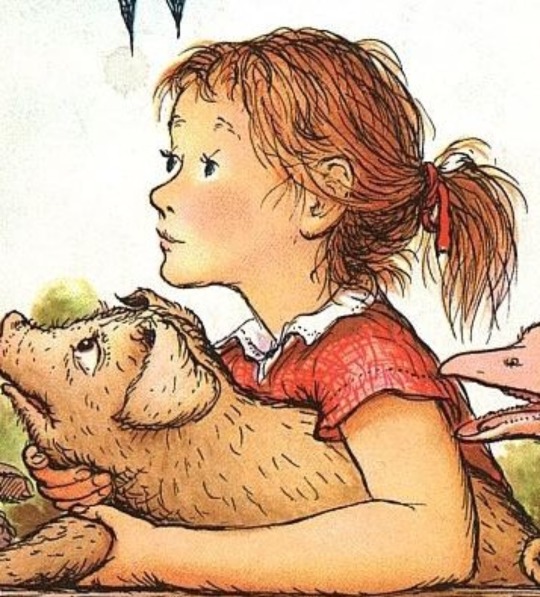
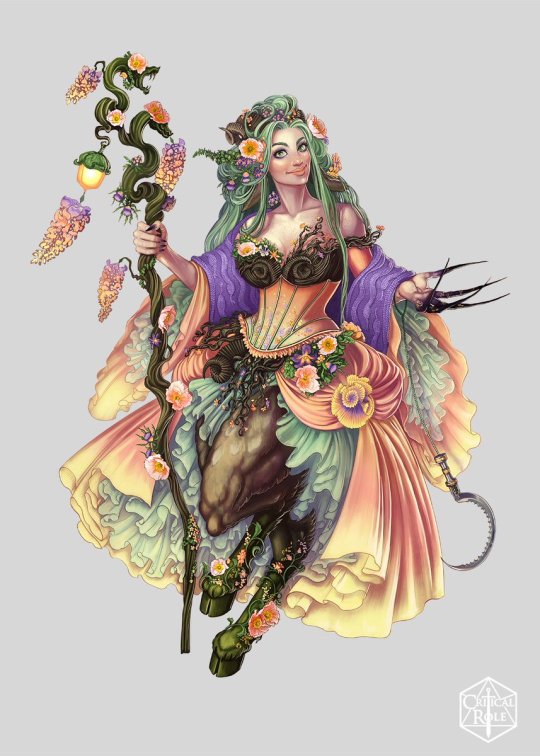
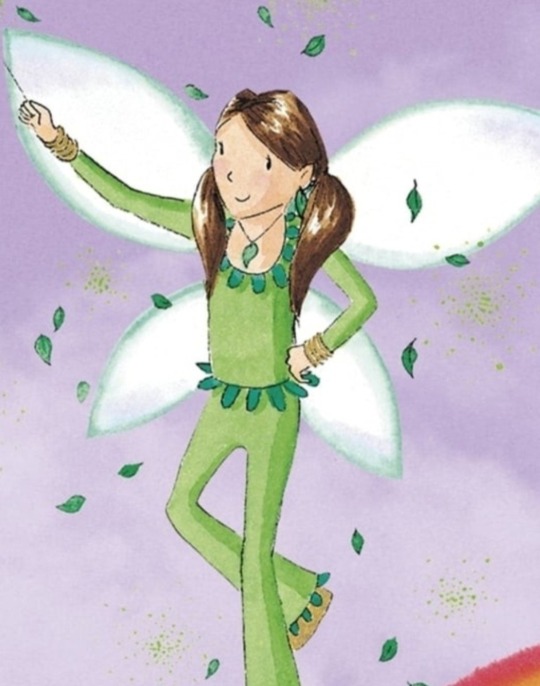
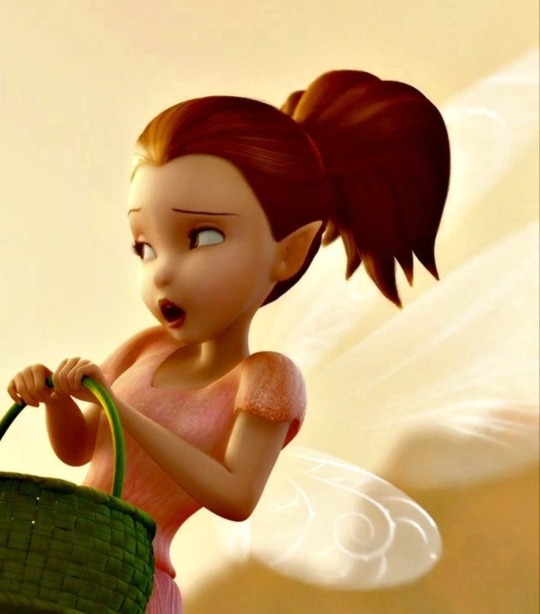
The two with the most votes will get into the main bracket
#botanic tournament#tournament polls#ferns poll#fern mertens#fern adventure time#adventure time fern#at fern#at fandom#adventure time#fern arable#charlotte's web#children books#fearne calloway#cr fearne#fearne critical role#critical role fearne#critical role#fern the green fairy#rainbow magic#rainbow magic fairies#disney fairies#fern disney fairies
47 notes
·
View notes
Text

3 notes
·
View notes
Photo

2:34 AM EDT August 5, 2024:
The Red Krayola - "Hurricane Fighter Plane (Free Form Freakout)" From the album The Parable of Arable Land (1967)
Last song scrobbled from iTunes at Last.fm
File under: H-Town Psychedelia
4 notes
·
View notes
Text
The Future of Wheat Farming in Kenya: The Economic Benefits of Israeli-Kenyan Wheat Farming Partnerships
“Explore the potential transformation of Kenya’s wheat farming through Israeli investment, focusing on innovative technologies and private partnerships to boost production and create jobs.” “Learn how Israeli investors are set to revolutionize wheat farming in Kenya, enhancing food security and leveraging advanced agricultural technologies in private-sector partnerships.” “Discover the future of…
#agricultural growth#agricultural investment#agricultural modernization#agricultural partnerships#arable land#drone farming#farming innovation#Farming technology#food prices#Food security#global wheat supply#Israeli investors#Israeli technology#job creation#Kenya Agriculture#Kenya food production.#Kenya wheat farming#Kenya-Israel collaboration#precision agriculture#private partnerships#private sector investment#sustainable farming#wheat farming#wheat production#wheat supply chain
2 notes
·
View notes
Text
Why the fuck does milk cost $6 now. I'm not talking about those giant gallon jugs, I'm talking about the little paper cartons. Six dollars? Six fucking dollars? I mean milk has always been expensive in Canada and also I need the special lactose free milk but SIX FUCKING DOLLARS???????
#cows and canola are like the only crops we can raise on our bits of arable land that isn't covered by Rock#and milk is still six fucking dollars? unbelievable.
5 notes
·
View notes
Text
"Kill nothing but time" only works when you have an intact trophic system - which can itself include humans! I don't have any information on it because it's not my area of research but I would not be surprised if one of the effects of the genocide that occurred during the colonisation were ecological effects not unlike those of a major trophic disruption (any data on this would ofc be muddied by the much more direct ecological destruction happening, unfortunately). I know there were food forests on the east coast so productive the settlers thought they'd found Eden, which ~mysteriously~ disappeared not long afterwards. Because they had been managed, but because they didn't look like what the Europeans were used to - arable fields and coppiced woodlands and so on - it was assumed to be a pristine wilderness, and a massive free resource.
One of the things that frustrates me as an ecologist in the rewilding 'sector' is the number of well meaning people consciously or unconsciously valuing 'pristine wilderness' higher or considering it the only real 'end goal' and being sort of sniffy about 'half measures' like protecting field margins and wilding urban green spaces. 'those things are important but they're just a stopgap measure! We need to protect more land and give it back to nature!' which is a well meaning but incredibly frustrating attitude to take, honestly.
One: I am based in Scotland, which has an incredibly low percentage of actually 'pristine' (another word that's more open to interpretation than people think but I won't get into that now) landscape because.. well. Centuries of deforestation, land clearances, intensive farming and monoculture timber plantations, among other things. Today Scotland can boast slightly less (or slightly more, depending how you define it) than one percent of its native pinewood. 'Pristine wilderness' is a pipe dream, here.
Two: there is no way in hell, heaven, or earth that Scotland is going to give up vast areas of productive land - pasture or arable - for 'giving back to nature'. It just won't happen. And, frankly, it doesn't need to happen. The existence of farming is not the problem. Food production is not the problem. Modern farming techniques are the problem, and those problems can be solved, or at least mitigated, with the cooperation of the farmers. Incredible things can be achieved like that! The problem - as everything seems to be these days, seriously, it's exhausting - is this false dichotomy that you can only have 'good untouched wilderness' or 'evil arable farms'. Obviously people don't think it's literally one or the other, but there's a definite inclination towards 'this land can either be for nature or people, not both'. Which is... wildly unhelpful, for obvious reasons. It's also deeply untrue, and between the rewilding I'm involved in professionally and all the Deer Math and associated research I've been doing for fun, it's becoming ever more clear that it's not only possible but far easier than it seems to be able to produce resources including food at a scale significant enough to be a genuine alternative to traditional farming. Especially if you combine it with more 'eco friendly' methods of eg construction.
Coppiced hazel and willow can generate insane quantities of - essentially - small gauge timber, as well as producing haws - theoretically human edible but also a valuable source of food for wildlife. Any fruit bearing tree, again, can provide food for humans and wildlife. Let wild garlic grow where it wants. Plant blackberries and raspberries and manage their spread. Let pigs roam and rootle to grow fat on oak and beech mast, use the winter deer cull to stock your larders with venison rich with winter preparation. Seed riverbanks with cress and alder to shade the water and watch otters playing among their roots. Let elder trees hang heavy with a white foam of flowers in the sunlight in clearings full of wildflowers and the heady buzz of bees at work. Fish in streams and rivers packed with trout and salmon while the swifts and martins dip and dive overhead and the heron stands still as a statue in the shallows.
You don't have to choose between food and nature. You can have both. I promise.
I would far, far rather see a million acres of Aberdeenshire Managed Food Forests than nine hundred thousand acres of traditional intensive farming and a thousand acres of untouched nature reserve.
“National parks have been vital in protecting huge swaths of land, including sacred sites and unique ecosystems, from land developers and other forms of destruction and are some of the last places in the continental United States where many animals are able to live safely from overhunting and unnecessary culls.”
and
“National parks are, just like the rest of the US, land stolen from indigenous people who are now denied access to the lands that their ancestors lived on and cared for for thousands of years, even when having access is vital for a community’s survival, whether that’s through food sources in the form of hunting/fishing/gathering or the ability to continue cultural practices.”
and
“National parks provide places for people to feel connected to nature and to able to observe plants and animals and land masses that they’d never be able to see otherwise, and many national parks also include other services like horseback riding lessons and educational events to help people better understand their planet.“
and
“National parks, including with the famous motto ‘take nothing but photos, leave nothing but footprints,’ push an ahistorical and frankly dangerous narrative that separates humans from nature, turning people into observers of our world instead of active participants, and does damage to the plants that adapted and evolved at the hands of foragers to benefit the most when they’re harvested.“
#obviously you probably can't feed the entire population on JUST food forests#and clearly this is a long way off in terms of actually replacing traditional farming#but they're definitely part of the answer#food forests are an important and viable answer to the question of food production#they are PART of the solution#it's food forests AND no till farming AND renewable energy AND low input arable and and AND#do not let your idea of perfect be the enemy of a common good
9K notes
·
View notes
Text
Great News from Stockfree Farming dot org
See https://stockfreefarming.org/newsletter-june-2025/ for the full newsletter 😀 The first half of the year has flown by in a blaze of activity. It is certainly a year of change, with the UK and devolved nations reviewing and implementing new strategies to benefit, preserve, and prosper both people and land. The UK Government is currently developing a Land Use Framework, a 25-Year Farming…
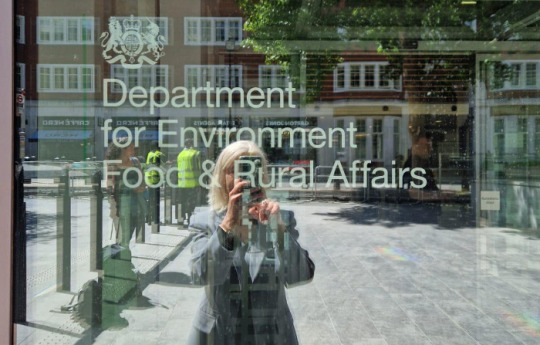
View On WordPress
0 notes
Text
In England at the time of the Domesday Book (the great survey commissioned by William the Conqueror in AD 1086) there were about 1.71 million people alive (see figure 6.6). The population grew thanks to progressive reclamation of arable land for farming, until almost every cultivable acre was occupied. This expansion was complemented by steady if unspectacular advances in technology.

"Plagues Upon the Earth: Disease and the Course of Human History" - Kyle Harper
#book quotes#plagues upon the earth#kyle harper#nonfiction#england#domesday book#survey#commission#william the conqueror#11th century#population growth#reclamation#arable land#farming#cultivation#expansion#agriculture
0 notes
Text
"BISMARCK, N.D. (AP) — The nearly 2,700-mile Keystone oil pipeline was shut down Tuesday morning after it ruptured in North Dakota, halting the flow of millions of gallons of crude oil from Canada to refineries in the U.S. and potentially leading to higher gasoline prices. South Bow, a liquid pipeline business that manages the pipeline, said it shut down the pipeline after control center leak detection systems detected a pressure drop in the system.
The company estimated that 3,500 barrels of oil were released and said the spill was confined to an agricultural field in a rural area, about 60 miles (97 kilometers) southwest of Fargo."
#thank goodness it only sprayed thousands of gallons of raw petroleum on arable farmland#news story from a timeline the protagonists visit to learn the horrifying consequences of their bad choices
1 note
·
View note
Video
Thornham Village - Norfolk Coast by Adam Swaine Via Flickr: Thornham is a village and civil parish in the English county of Norfolk. It is situated on the north Norfolk coast some 7 kilometres north-east of the seaside resort of Hunstanton, 30 km north of the town of King's Lynn and 70 km north-west of the city of Norwich.
#thornham#hedges#hedgerows#seasons#Sea#spring#Fields#english fields#england#english#english landscapes#landscape#Coastal#coast#east coast#norfolk#norfolk coast#norfolk villages#NORTH NORFOLK#arable#farming#britain#british#scenic#rural#rural villages#Village#village church#walks#AONB
0 notes
